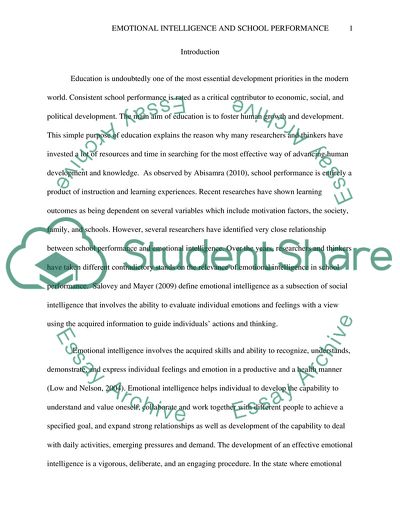Cite this document
(“Emotional Intelligence and School Performance Research Proposal - 1”, n.d.)
Emotional Intelligence and School Performance Research Proposal - 1. Retrieved from https://studentshare.org/psychology/1455717-emotional-intelligence-and-school-performance
Emotional Intelligence and School Performance Research Proposal - 1. Retrieved from https://studentshare.org/psychology/1455717-emotional-intelligence-and-school-performance
(Emotional Intelligence and School Performance Research Proposal - 1)
Emotional Intelligence and School Performance Research Proposal - 1. https://studentshare.org/psychology/1455717-emotional-intelligence-and-school-performance.
Emotional Intelligence and School Performance Research Proposal - 1. https://studentshare.org/psychology/1455717-emotional-intelligence-and-school-performance.
“Emotional Intelligence and School Performance Research Proposal - 1”, n.d. https://studentshare.org/psychology/1455717-emotional-intelligence-and-school-performance.


